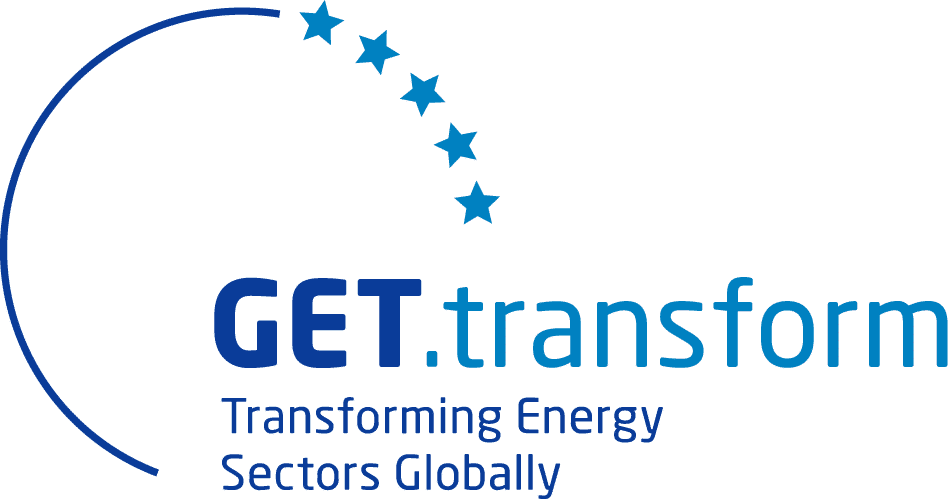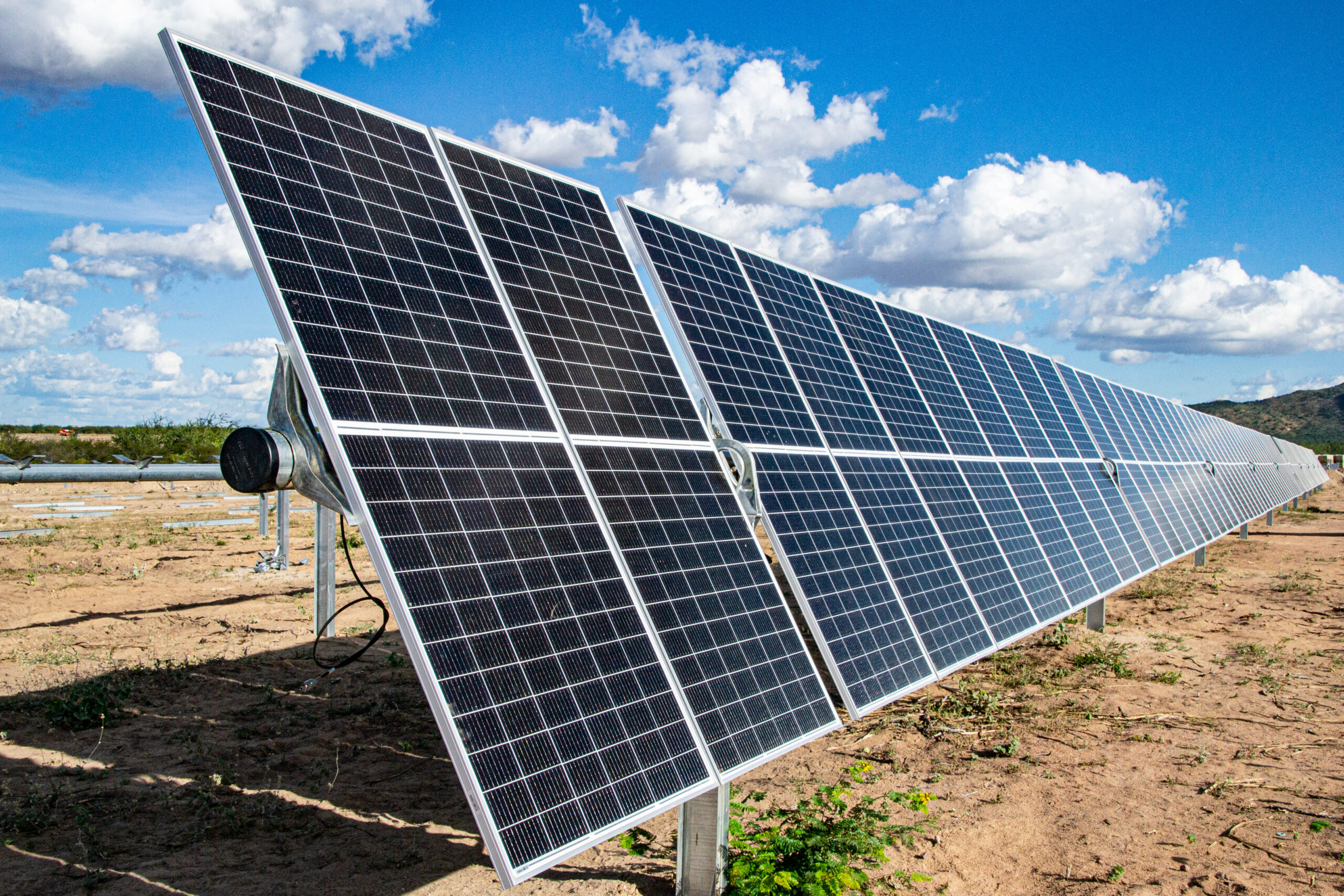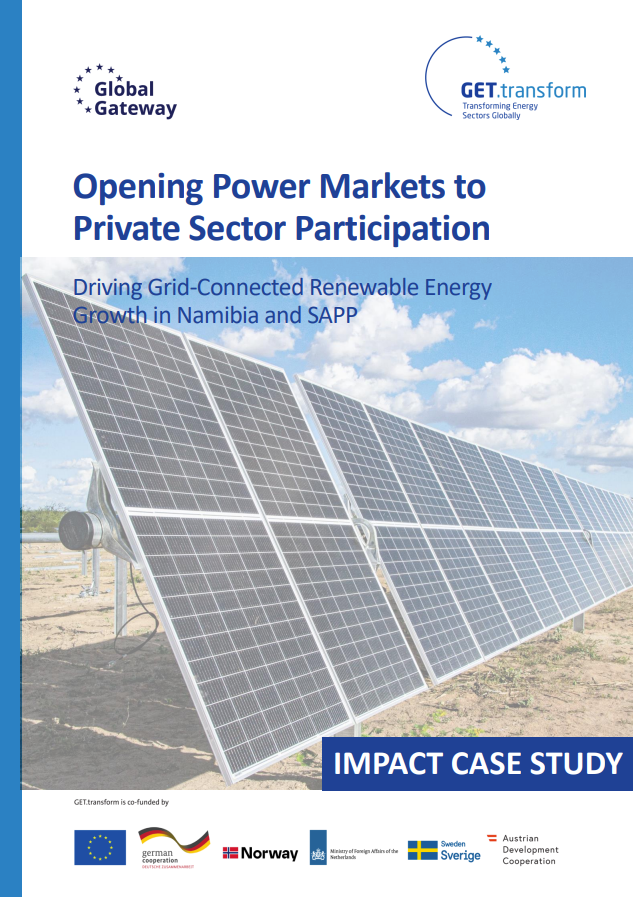In a new series of Impact Case Studies, GET.transform sheds light on the tangible and lasting results of advancing energy transitions in partnership with high-impact countries and regions. Focusing on both policy and technical aspects, each case explores lessons learned in unlocking energy sector reform progress with partners.
The first case study delves into Namibia’s introduction of the Modified Single Buyer (MSB) model, one of the most progressive power market structures on the African continent.
Namibia had introduced the MSB model in 2019 in order to liberalise its power market, attract private investment, and increase domestic generation. The model enables Independent Power Producers (IPPs) to sell electricity directly in parts to large users or export it to the Southern African Power Pool (SAPP), while eligible customers can procure power directly from generators.
However, the early implementation faced challenges due to unclear rules and lacking guidance for new market participants. In response, Namibia’s Electricity Control Board (ECB), NamPower, the Ministry of Mines and Energy, and the SAPP partnered with GET.transform to enhance operationalisation of the model. Together, they developed the MSB and SAPP Market Access Guide in 2023. The guide outlines roles, responsibilities, and processes under the new market design, providing the much-needed clarity to investors and regulators.
So far, 79 electricity generation licences have been issued under the MSB, and results are evident. Namibia now expects to meet 53% of its electricity demand through domestic generation, a major shift from the past dependence on imported coal-based power. The country has also launched its first fully merchant IPP project, a 20 MW solar plant selling power directly into the SAPP market, marking a breakthrough in private-sector participation.
Beyond Namibia, the MSB model is setting a valuable precedent for many other countries.



